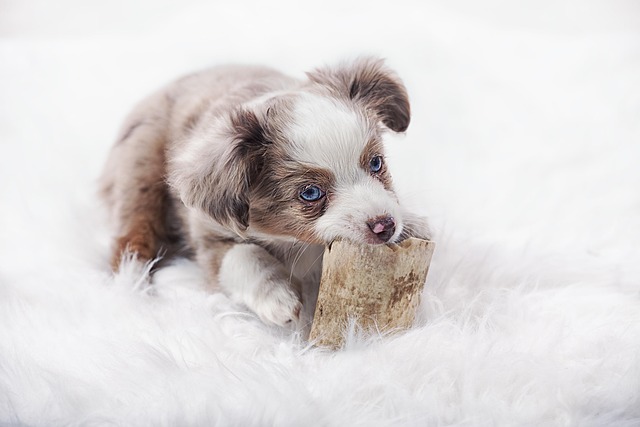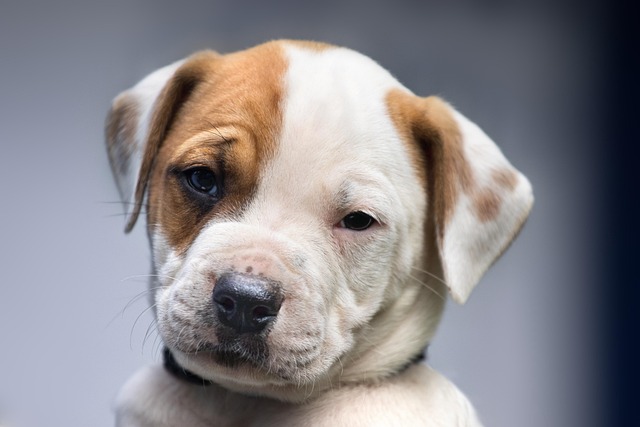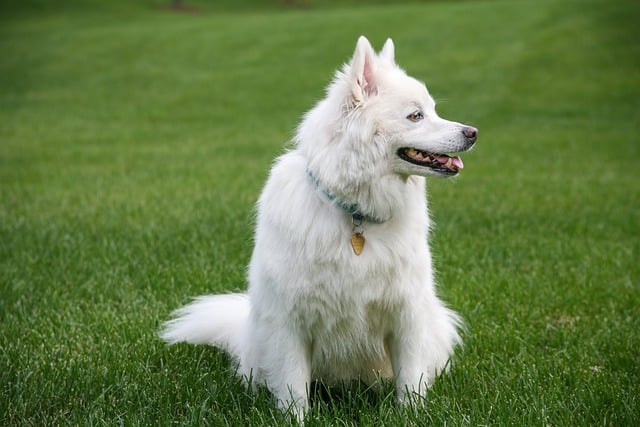
What are the reasons for the odor around dog eyes
Let’s imagine you’re a new dog parent in Boston, snuggling with your 8-month-old pug, Bella, when you notice a musky, sour smell near her eyes.
Discovering your dog's upset stomach can send any pet owner into panic mode, especially during midnight bathroom runs. That sudden urgency and loose stool signal intestinal distress - often triggered by dietary indiscretions, stress, or pathogens. Acting swiftly matters because prolonged diarrhea risks dehydration and nutrient loss, particularly in small breeds like Chihuahuas where electrolyte imbalance escalates rapidly.
Before reaching for that bottle of Pepto-Bismol, pause. Human medications like loperamide can dangerously slow gut motility in dogs, while random fasting might backfire in puppies under six months. Even seemingly benign solutions like milk or rich broths often worsen inflammation. Remember when Minneapolis resident Jenna tried pumpkin puree but accidentally used spiced pie filling? That cinnamon and nutmeg episode landed her Beagle in emergency care.
For vet-approved dog diarrhea immediate relief, start with a 12-24 hour food break (water always available). Then reintroduce nutrition through a "bland diet ballet": boil lean ground turkey or chicken breast (no skin or seasoning) mixed 1:1 with plain white rice. Portland veterinarian Dr. Evans swears by adding a tablespoon of organic canned pumpkin (not pie mix) per meal - its soluble fiber absorbs excess water. Electrolyte balance is crucial; skip sports drinks and instead offer ice chips of unflavored pediatric rehydration solution or homemade remedy (1L water + 1tsp salt + 3tsp honey).
Certain symptoms scream "vet now!" - blood-streaked stool, lethargy lasting over 12 hours, or diarrhea combined with vomiting. Puppies and senior dogs warrant extra caution; their fragile systems deteriorate faster. In many states, failing to seek care for potential parvovirus (characterized by foul-smelling, bloody diarrhea) could violate animal neglect statutes. Chicago's Lincoln Park Animal Hospital logs 30% more diarrhea cases after major storms when dogs lap contaminated puddles.
Preventing recurrence hinges on consistency. Transition foods gradually over 7 days (25% new kibble mixed with old daily), store trash cans securely, and consider probiotics like FortiFlora. During neighborhood walks, immediately bag waste - not just for etiquette but because many municipalities impose $300+ fines for uncollected feces. Training matters too; teach "leave it" using positive reinforcement instead of collar corrections to reduce scavenging. Annual fecal tests and core vaccines remain non-negotiable shields against preventable triggers.

Let’s imagine you’re a new dog parent in Boston, snuggling with your 8-month-old pug, Bella, when you notice a musky, sour smell near her eyes.

If your Labrador's constantly scratching at their ears or shaking their head, it might be more than just an itch. Ear infections are common in these active, water-loving dogs, and early intervention is key.

Finding out your dog has heart disease feels like a gut-punch.Amidst worry,the question of exercise looms large.It's crucial to know that local animal welfare laws may impact how you manage your pet's care,and this extends to physical activity guidelines.

What is the root cause of separation anxiety in dogs? Let’s start with a moment every new pup parent in a downtown LA apartment has likely faced

Discovering a wound on your dog's fur can feel like a punch in the gut,but staying calm is crucial.Before reaching for any treatment,familiarize yourself with local animal welfare laws—some regions restrict over-the-counter medications for pets,

Imagine this: It’s a sweltering summer day in Phoenix, and you’ve just returned from a long walk with your Labrador Retriever, Max.